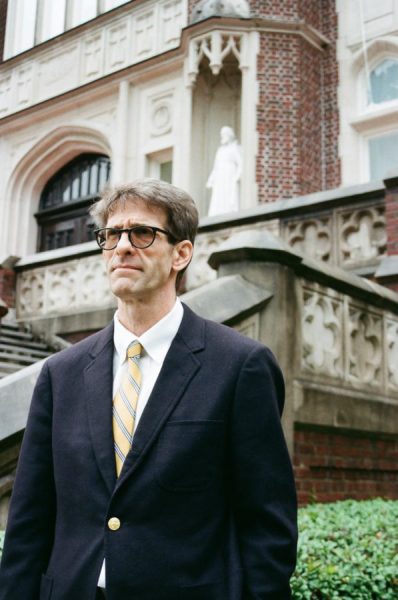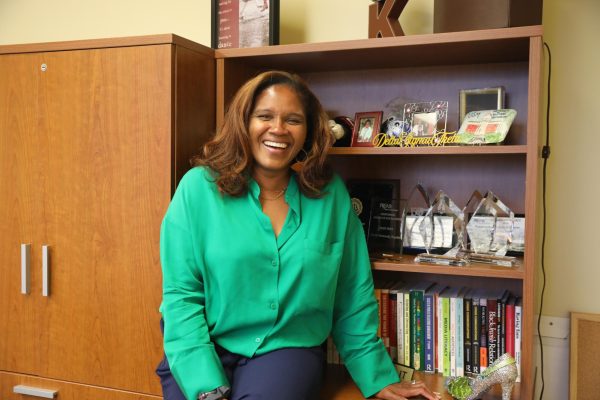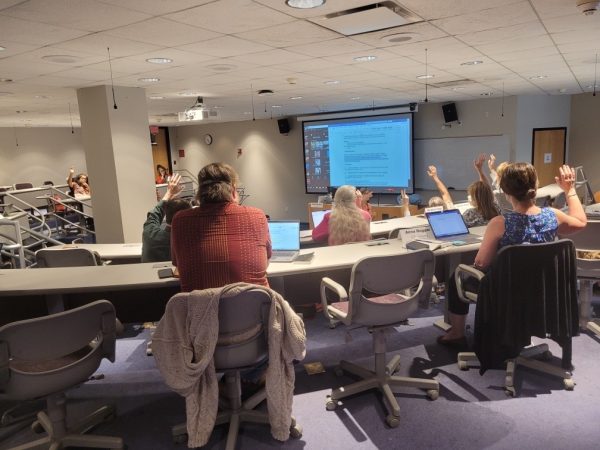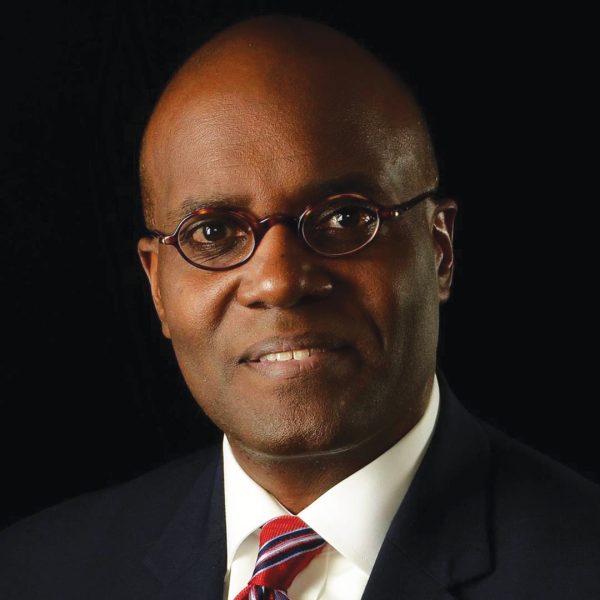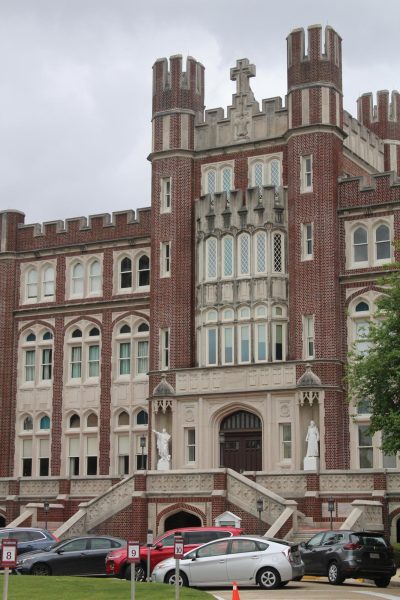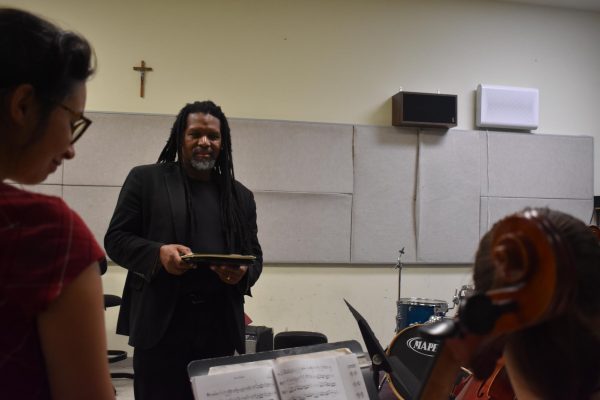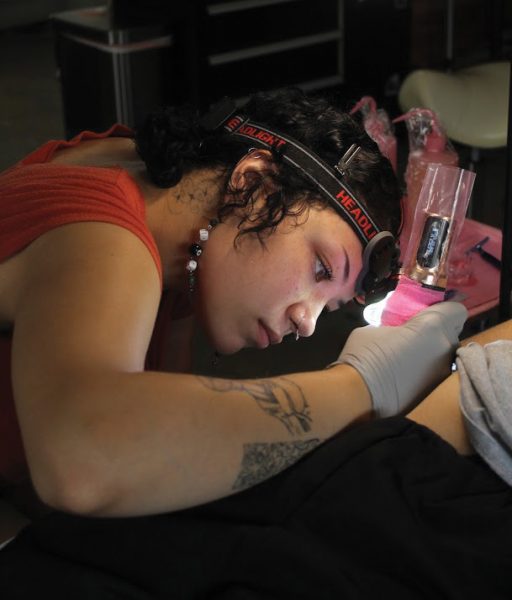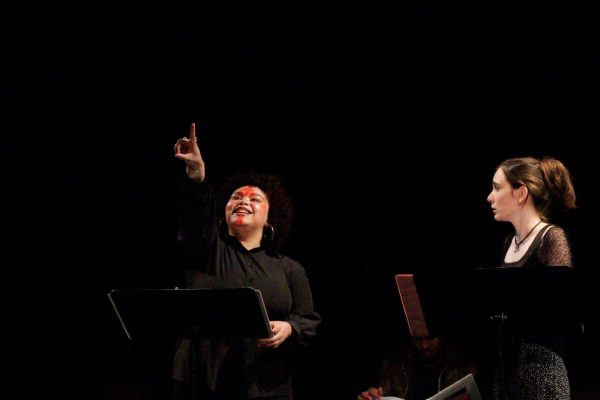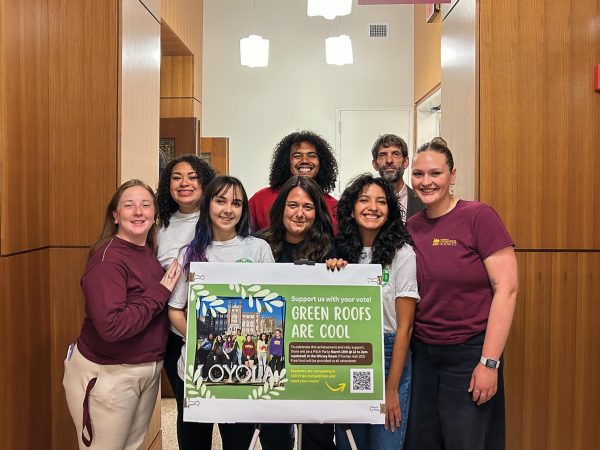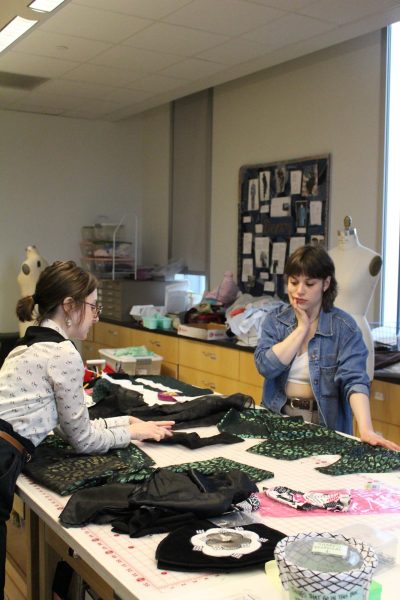School of Music and Theatre Arts to join School of Music Industry
In August, Jeff Albert announced that the School of Music and Theatre Arts would be merging with the School of Music Industry throughout the coming year. Albert, director of the School of Music Industry, took over as the director of both schools as Meg Frazier, former director of the School of Music and Theatre Arts, was promoted to Associate Dean of the College of Music and Media.
This merger is the most recent instance of Loyola integrating different programs. In the spring of 2021, the studio arts degree was merged with the design degree offered by the School of Communication and Design in a move to encourage collaboration between the mediums, according to an email from Dean of the College of Music and Media Kern Maass.
Students were notified that the two music schools were merging via email on Aug. 22.
Although Albert stated that the merger would happen “over the course of the next year,” his email did not specify the changes that would occur.
Maass said that the idea to merge the two schools came from a conversation between leadership and himself about two years ago when the college was restructured.
“At that time, while I could’ve forced the two into one, I just think that would’ve caused more division because the faculty weren’t ready for the culture change,” he said.
C. Patrick Gendusa, chair of the Department of Theatre Arts and Dance, had only positive things to say about the merger.
“We have no reservations. We are a million times excited and thrilled by this,” he said.
Professor of Commercial and Popular Music Franklin Davis Ⅳ, better known as Berkeley the Artist, shared similar feelings about the merging of the two schools.
“I always feel that connecting in interdisciplinary ways benefits everybody,” he said. “It gives everybody an opportunity to take their lid off, remove the ceiling, and challenges all of us to become more progressive.”
He said that teaching students to operate interdisciplinarily in the academic world prepares them for the global world where nothing is one track, and he encourages students with doubts about the merge to “remove your comfort and embrace the progress.”
“Everything is interconnected, and [the merge] gives us an opportunity to train students to be ready for the actual world… the business world… the political world, as well as the entertainment world,” he said.
Along with better preparing students for the real world, Maass said that unifying the two schools will also allow for all genres and disciplines to be treated with the same regard.
“There’s no difference in creativity or excellence between whether you [study] hip-hop and R&B or classical voice. They both deserve the same respect,” he said.
Furthermore, Albert said the merger will make communication more efficient and easy, specifically in regards to practice rooms and recording studios.
The merger will also allow for better allocation of funds for the music programs. Maass said there will be better alignment of financing and use of the endowments from each school to better fit all students.
Albert encourages student input and invites those who have “any ideas” about the future of the new program to let him know.
While the merger is still in its early stages, Maass said that faculty has already begun meetings to decide the name of the newly combined program and to revamp the Bachelor of Music degrees.
“I don’t know that anything’s gonna look radically different from the beginning. It’ll be a slow process of merging things and making things more efficient,” said Albert.
However, one change that Maass noted was the addition of the entrepreneurial skills embedded in the music industry program to be added to all music program degrees.
“If you’re gonna have a sustained career in creative disciplines, you’re gonna have to be an entrepreneur to be successful,” said Maass.
Albert said that Loyola has a long history of making successful musicians, and he plans to continue the high standards that have been set.
“I would really like to guide us toward the idea that we can make great art and make a living out of that,” he said.
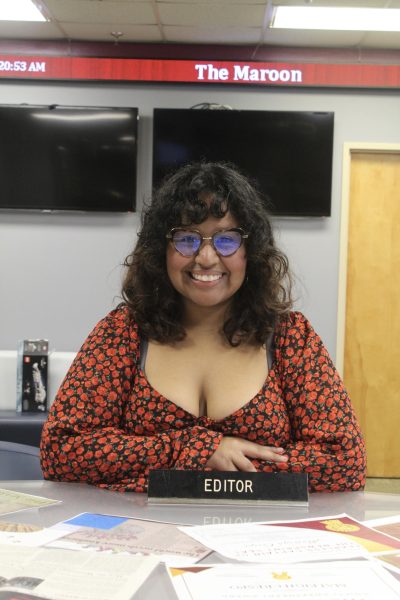
Maleigh Crespo serves as the Maroon's Editor in Chief. Maleigh previously served as the Maroon's Managing Editor for Print, Design Chief, Equity and...



